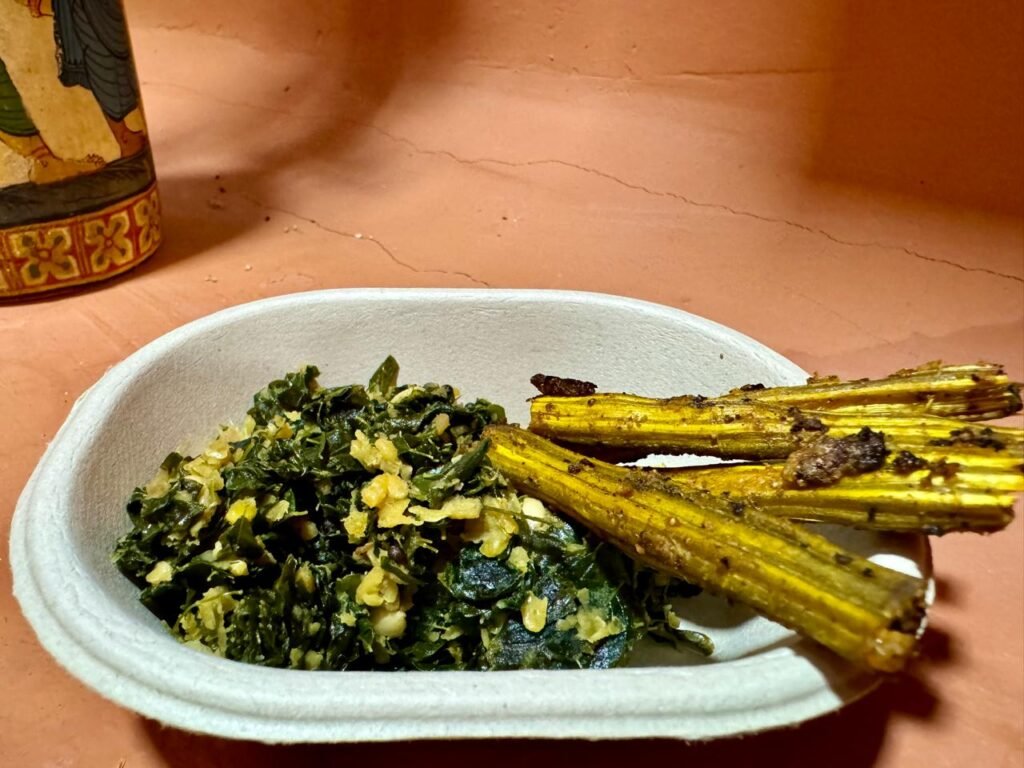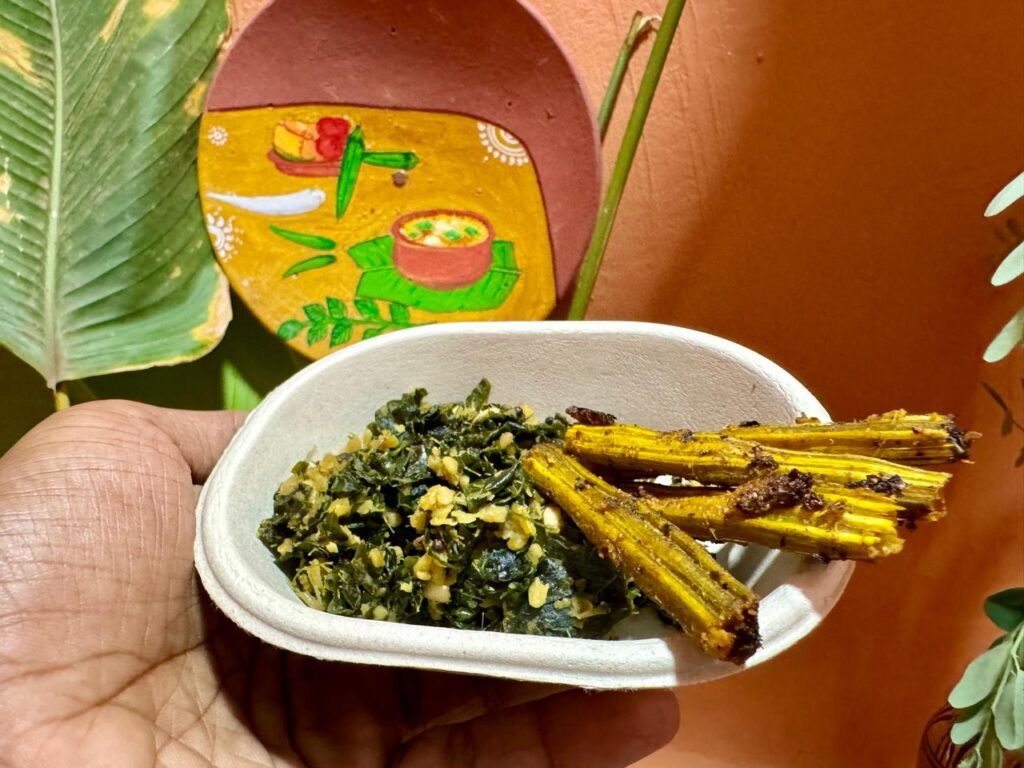Why is moringa good for you?
Moringa is believed to have a range of health advantages like expediting wound recovery and regulating blood sugar levels. Nevertheless further investigation is required to grasp the perks of moringa.
Moringa oleifera also called the drumstick tree or the miracle tree boasts antioxidant and anti inflammatory properties. People have turned to moringa for generations due, to its health advantages.
This article delves into what moringa’s its benefits and any likely side effects.
Moringa contains a variety of nutrients including Vitamin A, Vitamin B1 (thiamine) Vitamin B2 (riboflavin) Vitamin B3 (niacin) Vitamin C (ascorbic acid) Calcium, Potassium, Iron, Magnesium and Phosphorus.
Furthermore it has content and does not include harmful cholesterol.

Why are there advantages?
In regions globally moringa is commonly consumed as food. Utilized for its medicinal properties.
Supporting the health of skin and hair
Studies, on animals have indicated that using moringa seed oil could potentially accelerate the healing process of skin injuries. It is believed to achieve this by minimizing stress.
There may also be effects on hair health, from using moringa seed oil as suggested by experts. However further research is required, particularly involving subjects.
Treating edema
Edema occurs when fluid builds up in body tissues, often due to inflammation. Ear edema can cause tissue swelling around the ear, usually due to an infection.
In one study, applying moringa seed oil reduced skin inflammation in mice with ear edema. This suggests that the anti-inflammatory properties of moringa may help treat ear edema, although more research is needed.


Protecting the liver
Moringa might help protect the liver against nonalcoholic fatty liver disease. In one study, researchers fed guinea pigs a diet containing moringa leaves. Those that consumed a higher concentration of moringa had lower cholesterol and triglyceride levels and less inflammation in their liver.
Preventing and treating cancer
Moringa contains compounds that might help prevent cancer. For example, it contains niazimicin, a compound that suppresses the development of cancer cells.
According to some scientists, extracts of moringa leaf, bark, and other parts of the plant may have properties that can kill cancer cells. If further research confirms this, they could prove useful in treating breast, liver, colorectal, and other cancers.

Moringa extracts might help treat some stomach disorders. For instance:
The fibrous pods can benefit digestive health and may help prevent colon cancer.
Moringa leaves have shown a laxative effect, making moringa a possible option for constipation.
In one study, moringa reduced stomach acidity by around 85%, suggesting it could prevent peptic ulcers.
Moringa’s antibiotic and antibacterial properties may help prevent the growth of pathogens that can cause infections.
Moringa may help prevent ulcerative colitis, as its anti-inflammatory effects may protect the digestive system from damage.
Fighting foodborne bacterial infections
Moringa contains substances that may act against some foodborne pathogens, such as Staphylococcus aureus (S. aureus) and Escherichia coli (E. coli), according to research.
S. aureus may be present in sliced meats, sandwiches, and other foods not cooked between handling and eating, while E. coli can pass through contaminated water or food. Both types of bacteria can cause diarrhea and other symptoms of food poisoning.

Preventing rheumatoid arthritis
Moringa extract has anti-inflammatory properties that might help prevent rheumatoid arthritis, according to the authors of a rodent study.
Treating diabetes
Moringa leaf extracts may benefit people with diabetes by managing blood sugar and insulin levels and protecting against organ damage. Further research is needed to fully understand its effects.
Treating asthma
Moringa contains molecules that may help manage asthma, bronchial constrictions, and airway inflammation. One study found that moringa extract improved lung function in guinea pigs.
Preventing kidney stones
Traditional remedies suggest moringa for preventing kidney stones. Laboratory tests indicate that moringa extracts may prevent mineral buildup in the kidneys, though more research is needed.

Reducing high blood pressure
Moringa contains substances that may help manage blood pressure. In one study, participants who consumed 120 grams of cooked moringa leaves for a week had lower blood pressure two hours after eating.
Improving eye health
Moringa is rich in beta carotene, an antioxidant essential for maintaining eye health and preventing eye diseases.
Treating anemia and sickle cell disease
Traditionally, moringa is used to treat and prevent anemia. Laboratory tests suggest that moringa may also help manage sickle cell disease due to its antioxidant properties and chelating activity, which helps remove excess iron.
